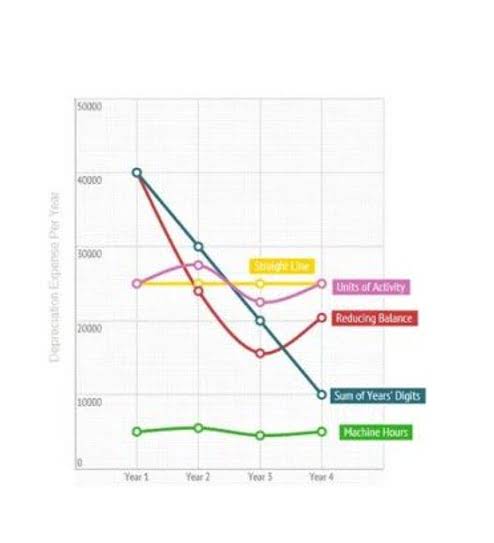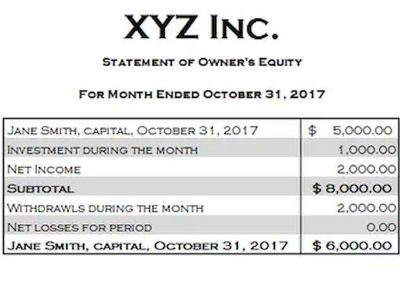Accounting In Real Estate: Best Practices, Fundamentals, And Tips For Real Estate Accounting In 2024

Training sessions and advanced software solutions can further enhance fiscal responsibility. For real estate professionals, demonstrating fiscal responsibility is a core value. Accurate demonstration ensures that businesses operate with transparency and integrity. It’s a critical aspect of successful real estate accounting that strengthens stakeholder confidence. Full disclosure in financial statements ensures that stakeholders have all the necessary information. Advanced software solutions offer features for ensuring full disclosure.
Adapting to Market Changes and Innovations

This section delves into these challenges, offering insights and potential solutions for real estate professionals. Accounting software has revolutionized real estate financial management. Such tools are indispensable in today’s fast-paced real estate business, ensuring that owners have the information they need at their fingertips. Understanding the distinction between operating expenses and capital expenditures is crucial for effective financial management in real estate. Operating expenses include costs necessary for the day-to-day maintenance and management of a property, such as utilities, property taxes, and routine repairs. Aspects of real estate accounting play a crucial role in financial reporting and decision-making processes.
- These practices require careful consideration of tax regulations and accounting standards to ensure accuracy and compliance.
- Although the scale of each one is different, the underlying habits are similar.
- A suitable accounting system for your portfolio should take into account the unique aspects of your real estate business.
- These practices maintain the flow of funds, enabling the business to thrive even in fluctuating markets.
Recording Property-Related Transactions
- Managing cash flow, analyzing property performance, and maintaining accurate records are crucial for making informed decisions.
- Stakeholders rely on balance sheets for investment decisions and understanding a property’s worth.
- Property management firms collaborate with various vendors, from cleaners to security agencies.
- A solid market reputation is essential for success in the real estate industry.
- Regular reviews and financial analysis further enhance profitability insights.
This involves staying abreast of industry trends, implementing best practices, and embracing new technologies. Continuous improvement and adaptability are essential for modern real estate accounting. By regularly reviewing processes and adapting to market changes, businesses can stay ahead of the curve. This involves periodic system upgrades, feedback loops, and staying abreast of industry trends. Balance sheets provide a snapshot of a property’s assets, liabilities, and equity. They are foundational for understanding a property’s financial position.
Ensuring Compliance in Real Estate

In today’s rapidly evolving real estate market, leveraging the right accounting software is pivotal. The best accounting software for real estate needs offers comprehensive solutions for property management, lease accounting, budgeting, and financial reporting. Real estate accounting is a specialized branch of accounting that focuses on managing the financial transactions related to a real estate business.
Bookkeeping
The best part of Bench’s services is that, unlike real estate accounting software, there is no learning curve. Then, its dedicated team of bookkeepers, tax experts and small business professionals take over from there to get you caught up and all your essential filings prepared and done. It will even offer you one month of services for free, complete with financial statements you can keep.
For developers, a robust real estate accounting foundation is crucial for successful land acquisition and project initiation. Cash flow statements provide a detailed view of a property’s cash inflows and outflows. They are essential for understanding a property’s liquidity and financial stability. Regular reviews ensure that they reflect true cash flow patterns. Stakeholders rely on these statements for investment decisions and loan applications. Furthermore, they provide insights into a property’s operational efficiency and profitability.
Personal Property Tax
- Every industry has its specific reporting needs, and real estate is no exception.
- Advanced software solutions offer insights into the latest industry trends.
- Ensuring transaction oversight is crucial for accurate financial reporting.
- When a tenant rent payment hits your bank account, Stessa updates your income statement.
- You may have to pay a personal property tax on these items if they generate income for your business.
Accurate team training drives consistency in financial reporting and stakeholder trust. Ultimately, team training ensures that all team members are on the same page. Bookkeeping is the foundation of accurate real estate accounting.

Such collaborations underscore the importance of real estate accounting in large-scale property investment. Specialized systems are designed to scale with the business, handling more data, properties, and transactions. This scalability ensures continuity, reducing the need for system changes or upgrades.
Accounting for Real Estate Success
Staying updated with these changes is crucial for modern real estate accounting. This involves continuous training, evaluating new software releases, and adapting to evolving industry standards. Real estate accounting is the typical term for accounting practices focusing on real estate transactions. This type of accounting practice looks at the revenue generated by various properties and the following tax requirements.
Double-Entry Bookkeeping (Debit and Credit)
Analyzing these ratios helps in evaluating performance, identifying areas for improvement, and making informed decisions. Regular reviews and financial analysis further enhance profitability insights. For real estate professionals, profitability analysis is a core skill. Accurate analysis ensures that businesses can assess their financial performance effectively. It’s a vital aspect of successful real estate accounting that supports informed decision-making.
